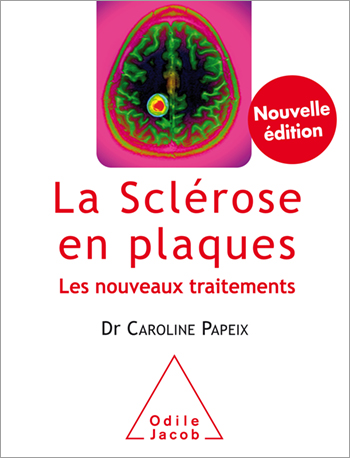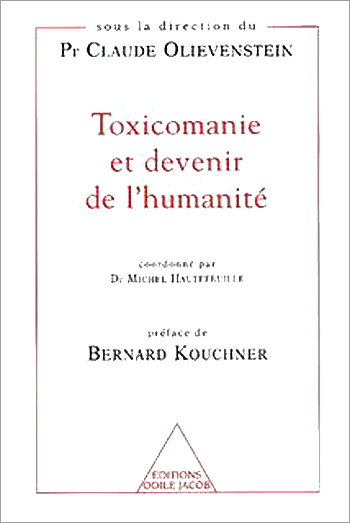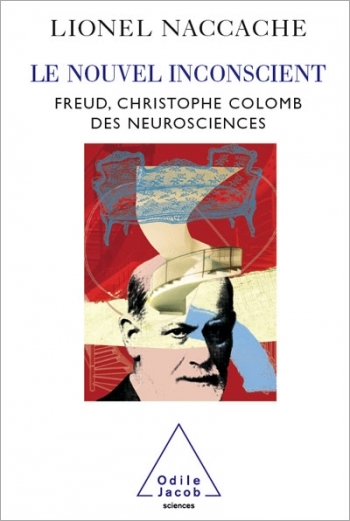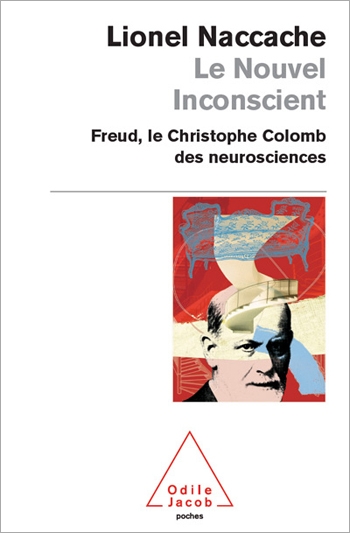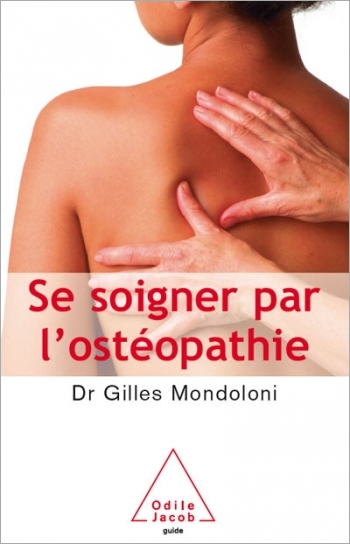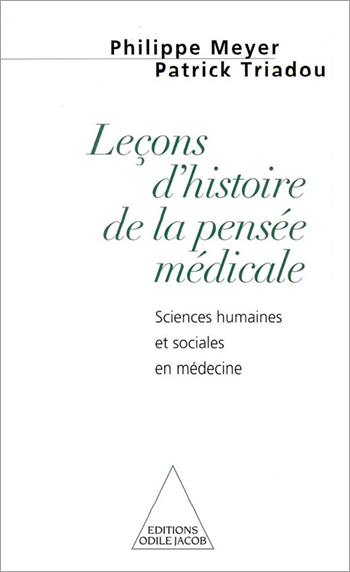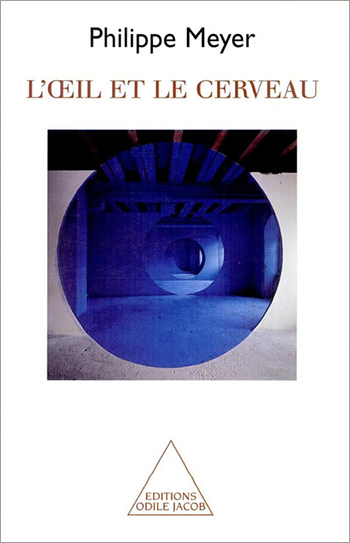Medicine All books
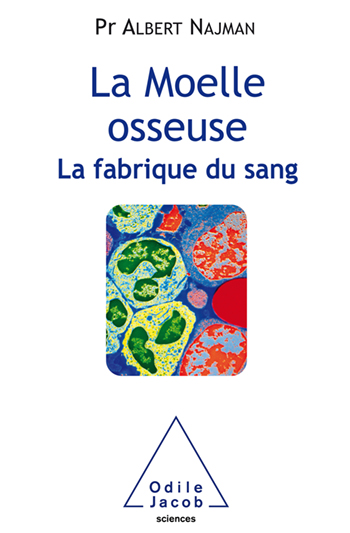
Albert Najman
Creating Blood, Bone Marrow
The most recent discoveries in the functioning of bone marrow represent a great hope for treating diseases such as thalassemia, leukemia, lymphoma, and others.
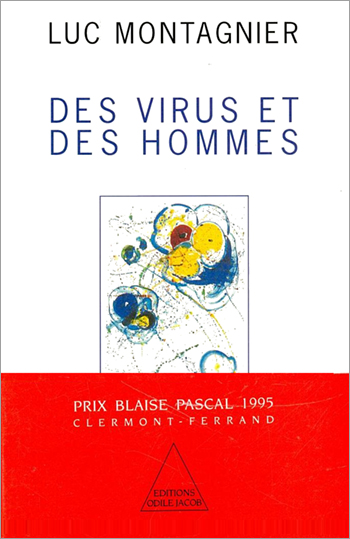
Luc Montagnier
Viruses and Man
Luc Montagnier is the person who, with his team of the Pasteur Institute, discovered in 1983 the virus responsible for AIDS. He tells about the research work which led him to this discovery. He sums up the knowledge we have of this virus, its origin and the way the disease develops. He gives the state of research today and his hopes.
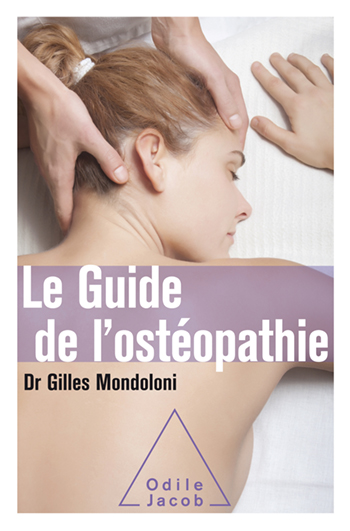
Gilles Mondoloni
Guide to Osteopathy Edition 2017
Osteopathy, an effective treatment for commonplace aches and pains
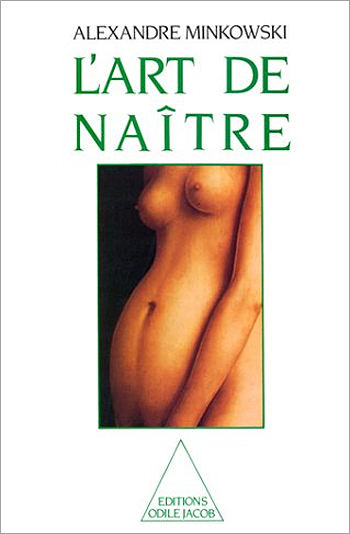
Alexandre Minkowski
The Art of Giving Birth
How are children born today in different cultures? At once a history of birth throughout the ages and a comprehensive medical anthropology, this book constitutes a rigorous overview and breakdown of our current knowledge in the fields of foetal biology and neonatal medicine. As a professor and the director of a research laboratory at Port-Royal, Alexandre Minkowski has dedicated his life's work to the medical and scientific study of the foetus.
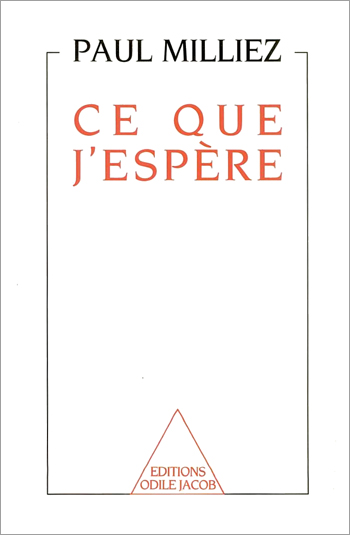
Paul Milliez
My Hopes
How does a traditionally-educated Catholic become a committed doctor? How do the resistance, the fight for abortion and against all forms of intolerance, intimate relationships with world leaders from General de Gaulle to the Shah of Iran and travels from Liban to Saudi Arabia, combine to create an extraordinary personality? A worldwide specialist in arterial hypertension, Paul Milliez (1912-1994) was the honorary dean of faculty at Broussais Hotel-Dieu.
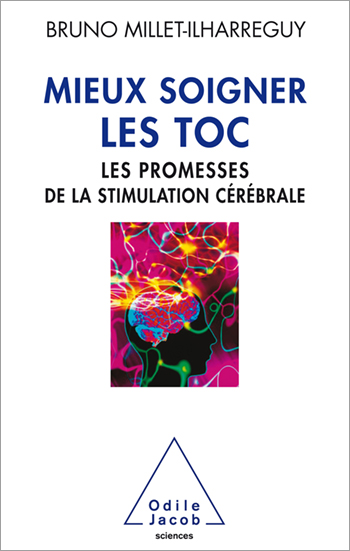
Bruno Millet-Ilharreguy
Improved Therapies for OCD Brain Stimulation Offers Hope
A new therapy to overcome Obsessive-Compulsive Disorder
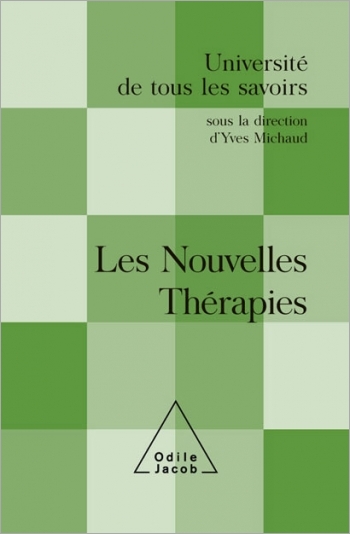
Yves Michaud
New Therapeutics
Advances in medical science are constantly being made, but it is often difficult for patients to realise what these advances entail and to understand their applications. The twelve lectures collected in this new volume in the series L'Université de tous les savoirs aim to inform us about some of these recent advances by addressing the following questions: What is the procedure for putting new medication on the market? How is new medication tested? What are the policies for furthering pharmaceutical innovation? How are health care structures organised? What will the hospital of the future be like? What are biotechnologies? What has been the impact of the neurosciences on therapeutics? What advances have been made in genetic mapping? What benefits can patients hope to gain from it? Gathered here are contributions by a geneticist, a surgeon, a psychiatrist, an emergency doctor, a neurologist and a philosopher. They examine the state of medical research today and address a question that concerns us all: What will medical care be like in the future? Contributions by Yves Agid, Pierre Carli, Alain Carpentier, Patrick Couvreur, Claude Debru, Bernard Golse, Didier Houssin, Gérard Le Fur, Jacques Marescaux, Arnold Munnich, Luis Omnès and Olivier Saint-Jean. Other books in the series include Qu'est-ce que la vie?, Qu'est-ce que l'humain?, Qu'est-ce que la société?, Qu'est-ce que l'Univers?, Qu'est-ce que les technologies?, Qu'est-ce que la culture?, Qu'est-ce que la vie psychique?, Le Renouvellement de l'observation dans les sciences, La Chine aujourd'hui, Egalité et inégalités, Qu'est-ce que la diversité de la vie?, Qu'est-ce que la globalisation?, Paris and La Guerre d'Algérie 1954-1962.
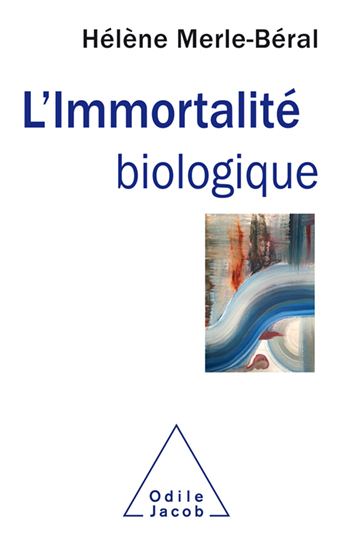
Hélène Merle-Béral
The Biology of Immortality Who wants to be immortal?
Immortality is no longer what it used to be. This brief history introduces the proponents and the implications of it. Life can be prolonged; medical science is constantly proving this; but it cannot thwart the great laws of biology.
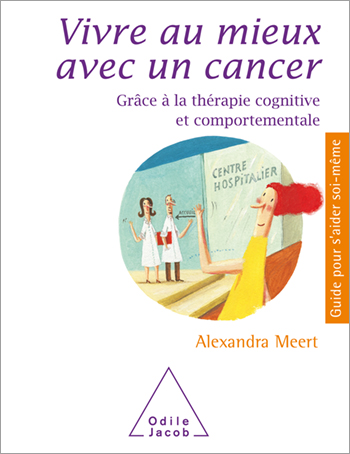
Alexandra Meert
Living With Cancer A Better Quality of Life Thanks to Cognitive Behavioural Therapy
A book that gives cancer patients the guidance and support they need

